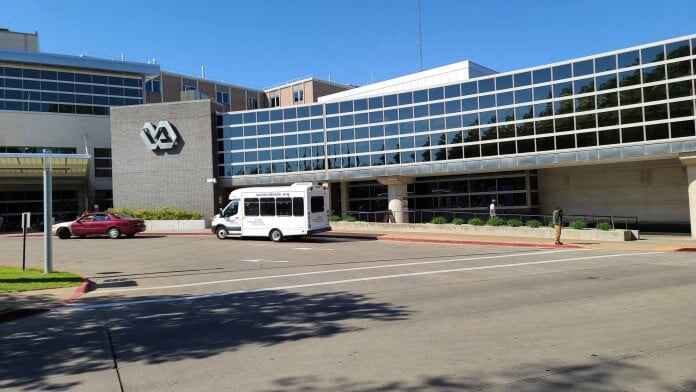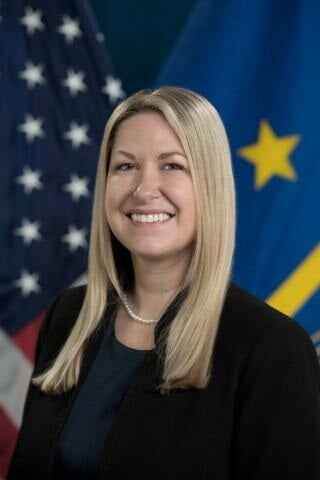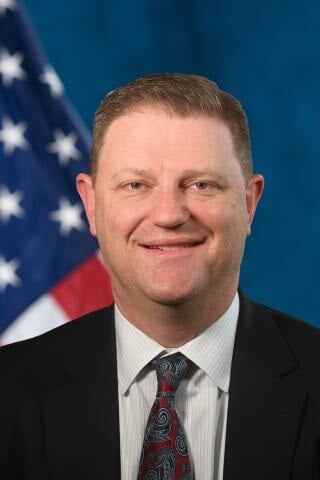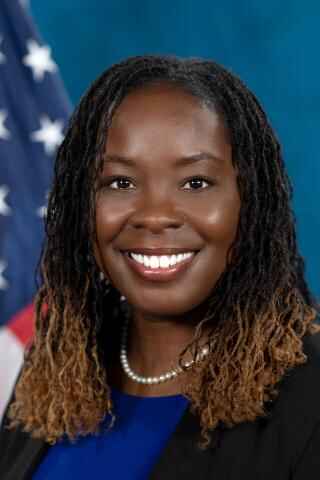About Louis Stokes Cleveland VA Medical Center – Cleveland
Louis Stokes Cleveland VA Medical Center, in Cleveland, Ohio, offers medical, mental health, and behavioral health care for veterans and their families. Services include medically supervised detox, dual diagnosis care, and inpatient, outpatient, and aftercare services. Dedicated programs for seniors, young adults, postpartum women, persons with hearing impairment, and active military personnel are available.
Louis Stokes Cleveland VA Medical Center provides mental health care, general medical services, and addiction recovery programs for veterans and their families in Cleveland, They also specialize in the treatment of seniors, young adults, active military, postpartum women, persons with hearing impairments, and persons with co-occurring addiction and mental illness.
Clients undergoing detox receive round the clock medical supervision. FDA approved medications may be prescribed to ease withdrawal symptoms and prevent potentially serious complications.
The inpatient program allows clients to focus on their recovery in a highly supportive and structured environment. Clients receive medical and mental health assessments, individualized treatment plans, and comprehensive case management. They also engage in intensive individual, group, and family therapy drawing on a range of proven modalities including CBT, motivational interviewing, and trauma therapy. Nicotine replacement programs and evidence based complementary treatments, including nutrition therapy, experiential therapy, and EMDR, are available. They also prioritize recovery focused life skills training to support long term recovery.
The outpatient and aftercare services at Louis Stokes Cleveland VA Medical Center are designed to provide a robust continuum of care aligned with clients’ evolving needs. Levels of care include intensive outpatient (IOP), standard outpatient, and transitional or sober living programs. Clients also receive peer coaching and medical, mental health, and social service referrals.
Louis Stokes Cleveland VA Medical Center is accredited by SAMHSA and the Joint Commission. They accept private insurance, military insurance, Medicare, Medicaid, and self pay. Sliding scale payment, per session payment, and free and low cost services are also available.






